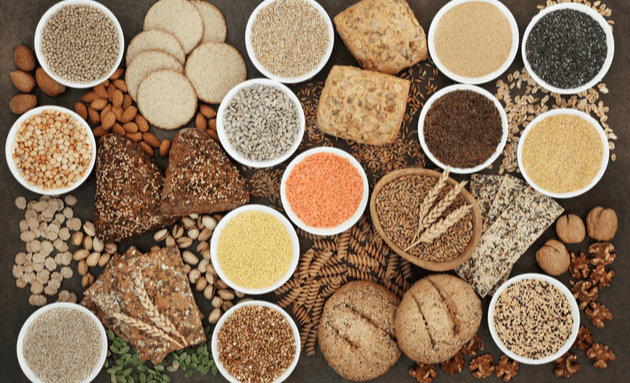The anus is an opening at the end of the gastrointestinal tract and starts at the bottom of the rectum. It is the last part of the structure of your digestive system and is responsible for detecting rectal contents. Problems with the anus are common, and treatment varies with the symptoms you’re experiencing.
The two most common conditions of the anus are Anal Fissures and Anal Fistulas.
Anal Fissures vs Anal Fistulas - What Is The Difference?
Anal fissure, also called Fissure-in-ano, is a narrow tear along the lining of the anal canal. It is usually caused when the anal muscles undergo excessive stress from constant bouts of diarrhea or constipation, anal sex, rectal cancer or vaginal childbirth.
Anal fistulas, on the other hand, is a small tunnel that connects an infected cavity along with the anal glands and is filled with pus. It usually occurs from an anal abscess, which are infected cavities blocking the glands along the anus. It may occur after rectal surgery or complicated bowel movements.
They are both used interchangeably but are very different conditions and their symptoms also vary considerably:
| Anal Fissure Symptoms | Anal Fistula Symptoms |
| Pain during and after bowel movements | Repeated anal abscess |
| Visible crack or tear in the skin around the anus | Blood or pus drainage around the anus |
| Blood in the stool | Irritation around the skin near the anus |
| Small lump near the anal fissure on the skin | Constant fatigue, fever, and chills |
How Are Anal Problems Diagnosed and Treated?

Although Anal Fissures and Anal Fistulas can be diagnosed with a physical examination of the anus, some doctors would recommend certain screenings to be completely sure of your condition.
Anal Fissures - Diagnosis and Treatment
Anal Fissures can mostly be detected with the first level of physical examination because mostly the tear is visible. A new anal fissure will resemble a paper-cut. But a chronic anal fissure may have a bigger tear, accompanied by internal or external growth of flesh.
Anal Fissures usually heal on their own within a few weeks, with some precautionary measures such as increased intake of fibre and foods, and keeping your stool soft. A doctor may advise you to soak for 10-20 minutes in warm water, especially after a bowel movement, to ease the pain and aid in healing the fissure.
If your symptoms indicate chronic anal fissure, you may be advised to undergo surgery with a procedure known as Lateral Internal Sphincterotomy (LIS). The doctor will make a small cut on your anal sphincter muscle that will help relieve pain and spasm.Anal Fistula - Diagnosis and Treatment
Anal Fistula can be diagnosed with what is called an Anoscopy. It uses a special instrument to see inside the anus and rectum and may be further examined with the help of an ultrasound or MRI of the anal area. This will help determine the tract of your fistula and aid in prescribing treatment.
As for treatment, Anal Fistula generally requires a surgical procedure performed by a colon and rectal specialist. They are mostly treated with what is called the Fistulotomy, in which the muscle and skin along the fistula tract are opened up, for complete healing from the inside-out. If your fistula is more complicated, you may be advised to place a seton, which is a special drain, and may last up to 6 weeks.
Managing Anal Problems

Several lifestyle and dietary changes aid in relieving pain, such as intake of fibre-rich foods, drinking adequate clear fluids, avoiding strain during a bowel movement. The goal is to adopt a better and healthier lifestyle.
If you experience pain around your anus, consult your doctor at the earliest. Be open about your symptoms and discomfort, and in case you’re not sure of the questions to ask, here are some pointers:
- Is the condition acute or chronic?
- What tests do I need to undergo?
- What is the likely cause?
- What are the dietary changes required?
- How can it be prevented?

0Comments